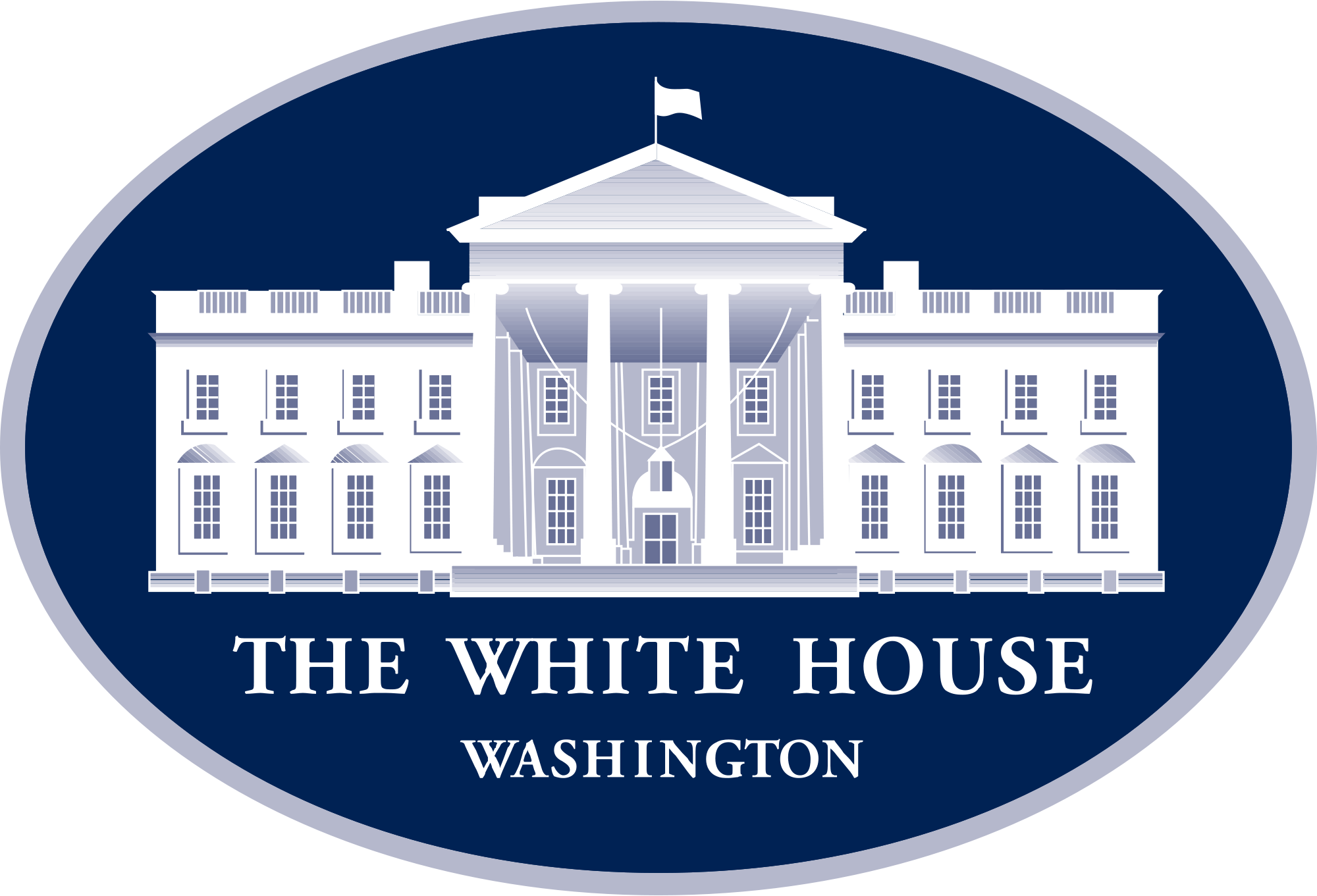The Executive Board of the International Monetary Fund (IMF) today approved a new 24-month arrangement for Morocco under the Precautionary and Liquidity Line (PLL) in an amount equivalent to SDR 3.2351 billion (about US$5 billion, or 550 percent of Morocco’s quota at the IMF). The access under the arrangement in the first year will be equivalent to SDR 2.941 billion (about US$4.5 billion, 500 percent of quota), rising in the second year to a cumulative US$5.0 billion. Morocco’s first 2-year PLL arrangement was approved on August 2, 2012 (see Press Release No 12/287).
The Moroccan authorities have stated that they intend to treat the arrangement as precautionary, as they have done with the 2012 PLL, and do not intend to draw under the arrangement unless Morocco experiences actual balance of payments needs from a significant deterioration of external conditions.
The PLL arrangement will allow the authorities to pursue their homegrown reform agenda aimed at achieving rapid and more inclusive economic growth while providing them with useful insurance against external shocks.
The PLL was introduced in 2011 to meet more flexibly the liquidity needs of member countries with sound economic fundamentals and strong records of policy implementation but with some remaining vulnerabilities.
Following the Executive Board discussion on Morocco, Mr. Noayuki Shinohara, IMF Deputy Managing Director and Acting Chairman of the Board, made the following statement:
“Morocco’s sound economic fundamentals and overall strong record of policy implementation have contributed to a solid macroeconomic performance in recent years. Despite a difficult external environment, the authorities made important strides in reducing vulnerabilities, rebuilding policy space and addressing medium-term challenges over the course of the first arrangement supported by a PLL. They have been consolidating Morocco’s fiscal position while pursuing an agenda of structural reforms to address vulnerabilities, strengthen competitiveness, and promote higher and more inclusive growth. The significant progress made in reforming the subsidy system is particularly commendable.
“The external environment remains subject to significant downside risks. In particular, protracted and slower–than-expected growth in Europe than currently projected, heightened financial market volatility, or a surge in oil prices resulting from geopolitical tensions could significantly affect the Moroccan economy. In this context, the successor PLL arrangement will continue to provide insurance to support the authorities’ economic policies.
“The authorities are committed to further reducing fiscal and external vulnerabilities while laying the foundations for higher and more inclusive growth. To achieve these goals, it will be important to control expenditure as well as advance major reforms, including those of subsidies, pension and the tax system. The timely adoption of a new organic budget law will be essential in order to strengthen and modernize the budget framework. Moving toward a more flexible exchange rate regime, in coordination with other macroeconomic policies would also help support competitiveness and enhance the economy’s capacity to absorb shocks. Advancing structural reforms to improve the business climate, the judicial system, access to finance, and the labor market will be crucial to achieving higher growth and employment,” Mr. Shinohara said.
Morocco has been a member of the IMF since 1958 and has a quota of SDR588.2 million (about US$903.4 million).
SOURCE
International Monetary Fund (IMF)



